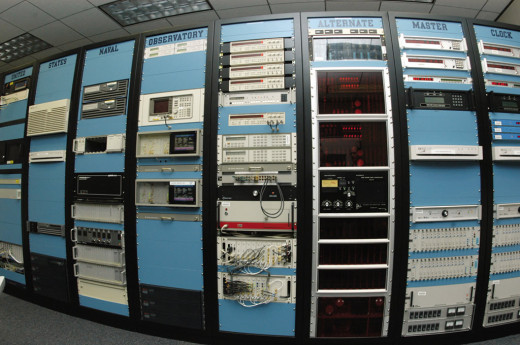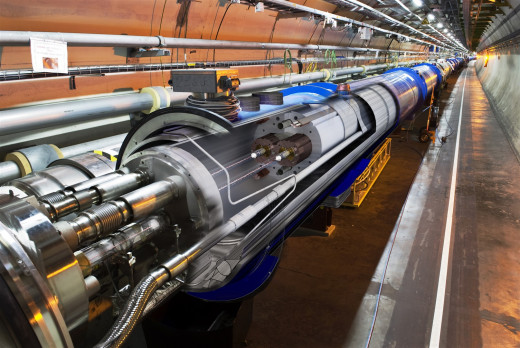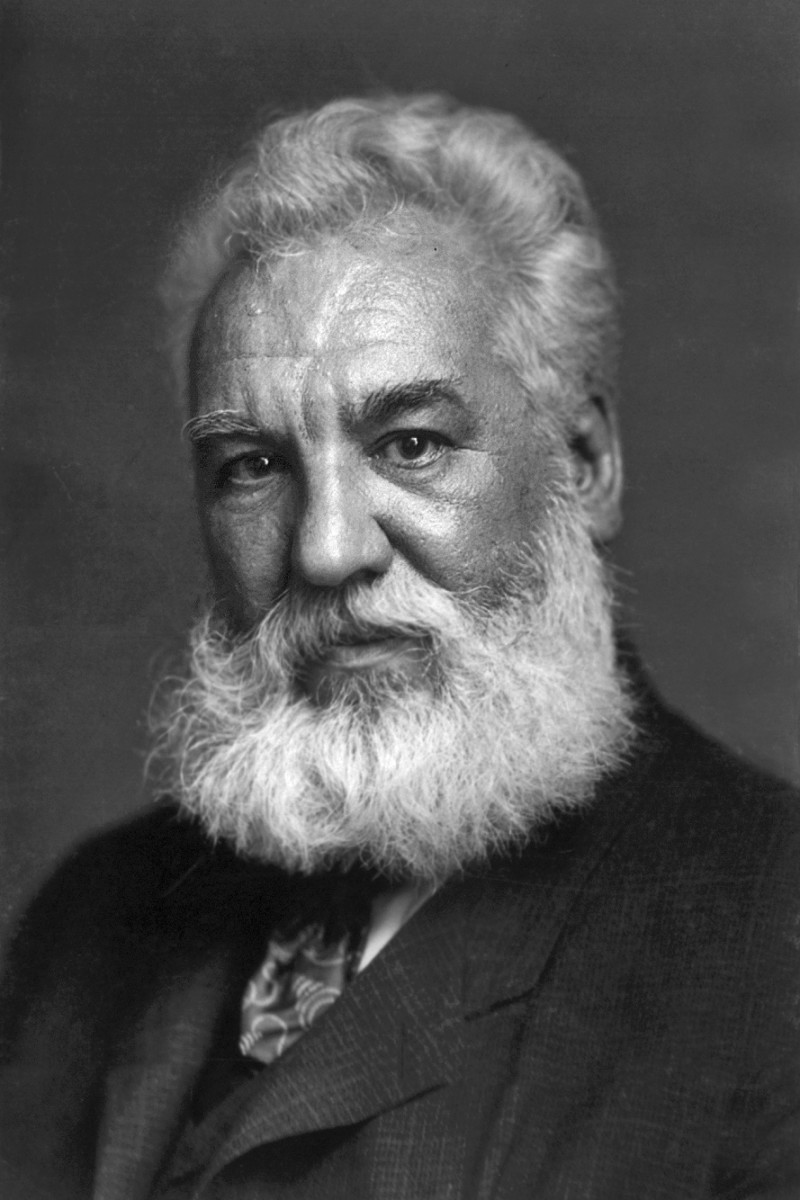Time - It is possible to travel backwards or forwards in time according to the processing speed of your brain.






This is a commodity I have had rather too much of recently, which has resulted in my reflection on matters that we perhaps don't think about in detail..
Time is both an anathema and a paradox, it can be both a fleeting moment or an eternity depending on the circumstances. As a child, summers were endless and so it seemed were school terms, but as we become older hours merge to days, to weeks, months and years with alarming rapidity.
Despite this, time is actually constant, but, long or short, we relate it against the human life span. To us 70-80 years is considered a reasonable time, to the Maybug, 24 hours is a similar period, but to the Giant redwood a thousand years is a mere bagatelle.
What conclusions can we draw from this ?
From youth we are told that the universe is without limit, which contradicts all of our instincts. Lets take the three analogies mentioned. To the May Bug a lifetime is 24 hours, our lifespan is 700,800 times longer, but the Redwood is a staggering 8,760,000 times longer. Lets move the analogy two places to the right. Assume that within the universe are two other life forms that live a similar ratio larger than the Redwood. Now we are into 600,132,000,000 and 76,737,600,000,000 respectively, which is starting to become pretty infinite, by human measure. It doesn't take a great imagination to expand the theory to either shorter or greater than human comprehension of time and distance.
There has been some recent research that has found significant differences in how our visual system dictates the passing of time and in consequence the speed with which we react to certain situations. Generally speaking small creatures can react much faster than large creatures because to them time passes very slowly and the whole world seems to be, in what we would think is slow motion. Starlings and birds in general were found to have very fast visual systems, as a result of observing the world as if it is passing in slow motion.
Athletes, or tennis players, for example, can often process visual information more quickly than the average person. An experienced goalkeeper would therefore be quicker than others in observing where a ball is coming from and its trajectory. This makes the difference between a top class player and the average club player, however experienced.
In humans the speed at which they can absorb visual information is also age-related, Younger people can react more quickly than older people, and this ability decreases with increasing age. Time perception across a variety of animals was looked at and they gathered data from other technique called critical flicker fusion frequency, which measures the speed at which the eye can process light. Plotting these results on a graph revealed a pattern that showed a strong relationship between age and body size and how quickly the eye could respond to changing visual information such as a flashing light.
From the human perspective, the ability to process visual information limits a humans ability to drive cars or fly planes much faster than we currently do. Already these drivers/pilots are pushing the limits of what is humanly possible. Therefore, to go any faster or react more quickly would require either computer assistance, or enhancement of our visual system, either through drugs or ultimately implants."
The current work primarily focused on vertebrates, but it was found that several fly species have eyes that react to stimulus more than four times quicker than the human eye. But some deep-sea isopods (a type of marine woodlouse) have the slowest recorded reaction of all, and can only see a light turning off and on four times per second before they get confused and see it as being constantly on.
We are beginning to understand that there is a whole world of detail out there that only some animals can perceive and it's fascinating to think of how they might perceive the world differently to us, Having eyes that send updates to the brain at much higher frequencies than our eyes currently do is of no value if the brain cannot process that information equally quickly. Hence, this work highlights the impressive capabilities of even the smallest animal or insect brains.
Have you decided what you want to achieve with your time ? If you feel that there is life beyond death, how do you visualise the rest of eternity ? For some people, would you wish agonising pain for ever without end ? Or do you subscribe to the theory that at some stage we all return in another form to re-educate and learn lessons from a previous existence. I, for one, would worry about an afterlife without end and without purpose. Assuming that at this point in our existence we exist as pure energy, free of the earthly constraints of our frail bodies, we can equally assume that time becomes no longer relative to human life span. Now comes the tricky part, as pure energy we can now move at a speed greater than light, which enables us to move backwards in time. Could we then warn ourselves of our impending death and avoid it ? If we did, then we create a time paradox where if we didn't die, we couldn't warn ourselves of our death.
Research at the LHC (Large Hadron Collider) has suggested the possibility of time travel (only one way) is conceivable. I really hope this is long way off as I have no desire to meet myself coming the other way.
It reminds me of the child's poem - "As I was going up the stair I met a man who wasn't there, he wasn't there again today, Oh how I wish he'd go away."
Death - The finite end
Do you fear natural death ?
© 2012 Peter Geekie










